Getting good sleep is important for your overall health, as it helps your body and brain function properly. If you’re not getting the quality or quantity of sleep you need and have tried implementing good sleep practices like being screen-free for a while before going to sleep, then you may want to try taking supplements to help you sleep.
When searching for what supplement helps you sleep, you’ll find several recommendations. To make it a less daunting choice, we’ve listed 6 of the top natural sleep aids for you to consider. Keep in mind that it’s important to talk to your medical professional before you start taking one because even natural sleep aids can cause side effects or interfere with any medications you may be taking.
1. Melatonin
Melatonin is a hormone naturally produced in your body that signals to your brain when it’s time to sleep and wake. Some research suggests melatonin supplements can ease jet lag and help those who have trouble falling or staying asleep. Additionally, melatonin has been shown to improve daytime sleep quality and duration, making it beneficial for many shift workers.
At this time, it appears melatonin is safe for healthy adults if taken for only a few weeks or months at a time. Side effects may include headache, dizziness, and nausea. Melatonin isn’t recommended for people who are pregnant or nursing.
2. Magnesium
Magnesium is a mineral involved in hundreds of processes in the human body and it’s important for brain function and heart health. It may even help quiet the mind and relax muscles, making it easier to fall asleep.
While low levels of magnesium may make it harder for you to fall or stay asleep, too much of this mineral can lead to cramps and nausea. Check with your medical professional before taking a magnesium supplement.
3. Glycine
Glycine is an amino acid that plays an important role in the nervous system. It may raise the amount of serotonin, a brain chemical that affects sleep. It also helps your blood flow and drops your body temperature, both of which encourage you to fall asleep.
4. GABA
GABA, short for gamma-aminobutyric acid, is an amino acid and neurotransmitter that plays a vital role in regulating nervous system activity. Small trials of supplemental GABA have shown that it can reduce stress and may help people fall asleep more easily.
5. L-Theanine
L-theanine is an amino acid found in tea leaves and in some types of mushrooms. It promotes relaxation and facilitates sleep by contributing to some changes in the brain, including boosting levels of GABA and other calming brain chemicals like serotonin and dopamine. Increasing levels of these calming brain chemicals promotes relaxation and can help with sleep.
6. Ashwagandha
Ashwagandha, also known as Indian ginseng and winter cherry, is a common herbal medicine used in traditional Ayurveda health practices. Preliminary research has found it may help people fall asleep faster, spend more time asleep, and experience better sleep quality.
The optimal dosage of ashwagandha is still under debate and may differ between supplements. However, it’s advised not to take it for more than three consecutive months.
Quality Sleep is Important for Overall Health
Getting quality sleep is as important for overall health as getting regular exercise and eating a healthy diet. So, if you have difficulty falling asleep, wake up frequently, or don’t feel rested when you wake up, try incorporating good sleep practices into your routine. This includes keeping electronics out of your bedroom and limiting caffeine intake before bedtime.
However, if this isn’t enough, taking a supplement to help you sleep – along with practicing good sleep habits - may help. Speak to your medical professional about which sleep supplement may be best for you to try.
Shop Country Life Vitamins for melatonin, magnesium, L-Theanine, and glycine supplements. Also consider taking Stress Shield® Nighttime, a unique multi-ingredient complex designed to support the body’s ability to deal with stress while encouraging sleep. This science-backed sleep aid is formulated with L-theanine to support relaxation, Ashwagandha extract to help alleviate the effects of stress, and GABA to help relax the body’s central nervous system.
Sources:
- https://www.healthline.com/nutrition/sleep-aids#melatonin
- https://www.verywellhealth.com/best-natural-sleep-aids-7373953
- https://www.webmd.com/sleep-disorders/ss/slideshow-natural-sleep-remedies
- https://www.sleepfoundation.org/sleep-aids/natural-sleep-aids
- https://www.sleepfoundation.org/sleep-aids/ashwagandha
- https://sleepdoctor.com/sleep-aids/l-theanine/


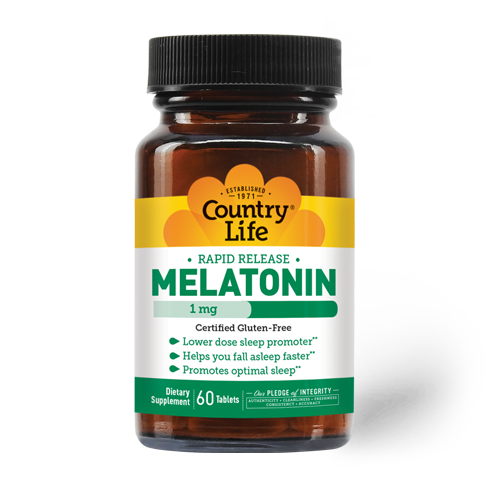
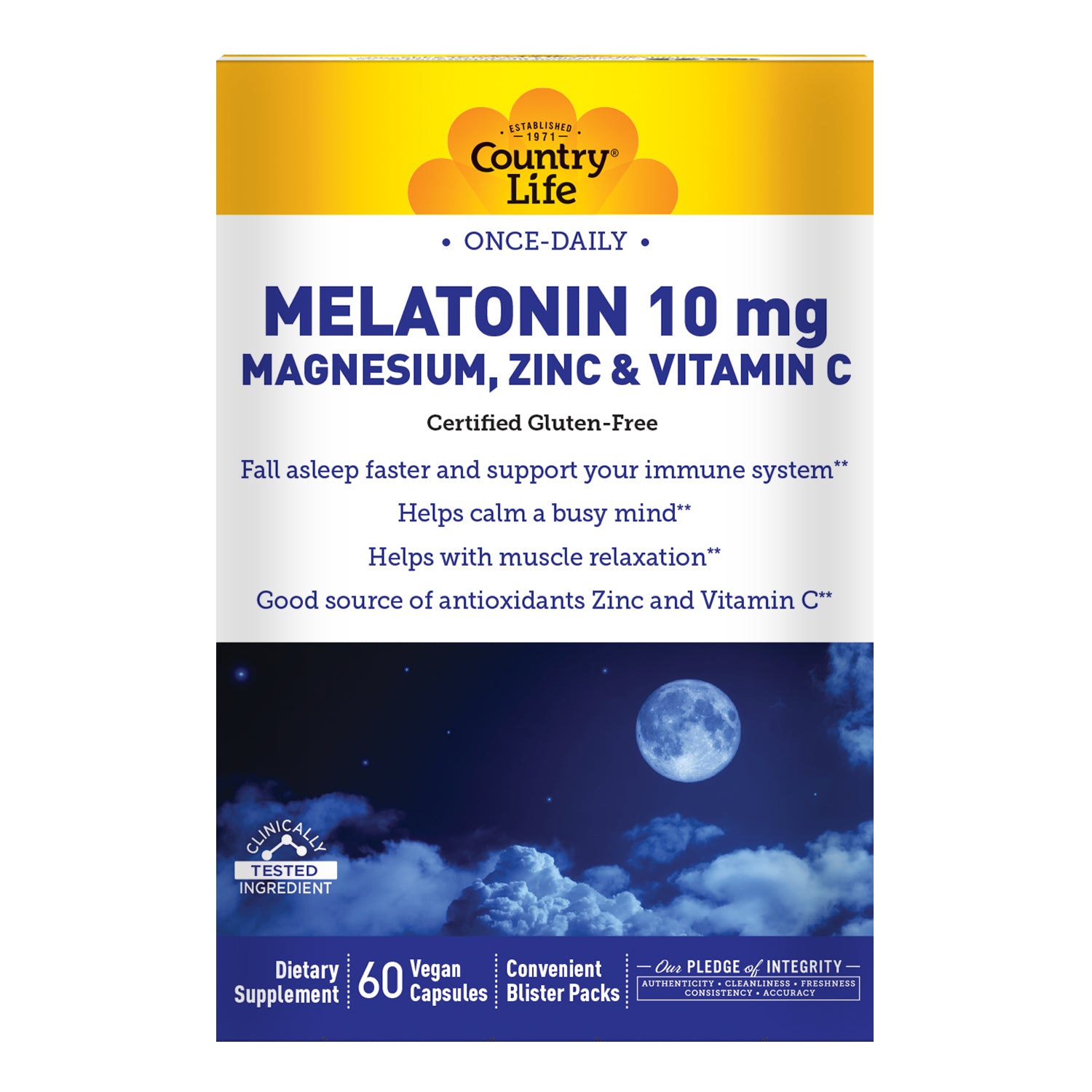
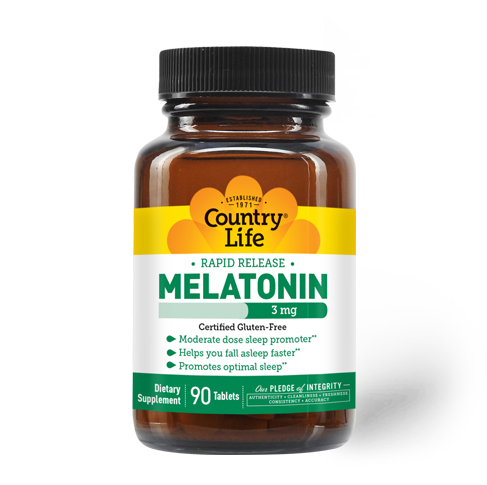
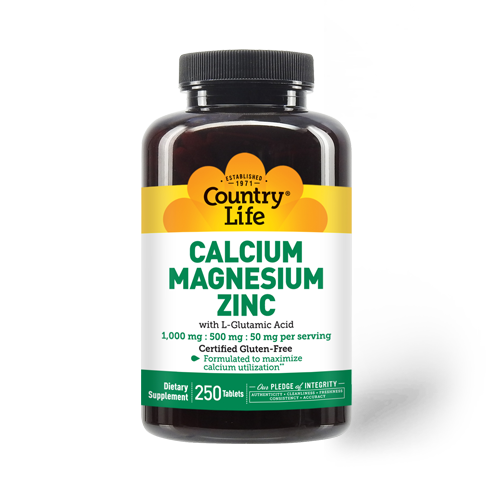
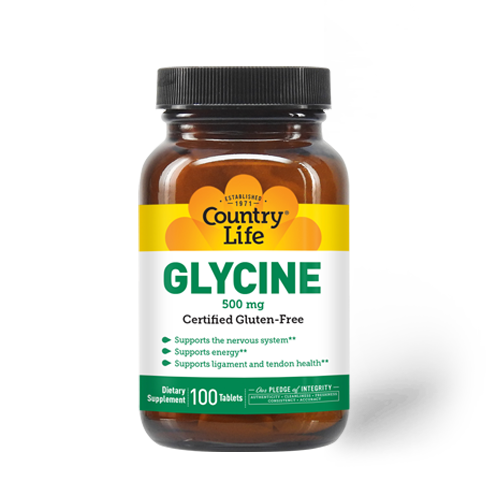
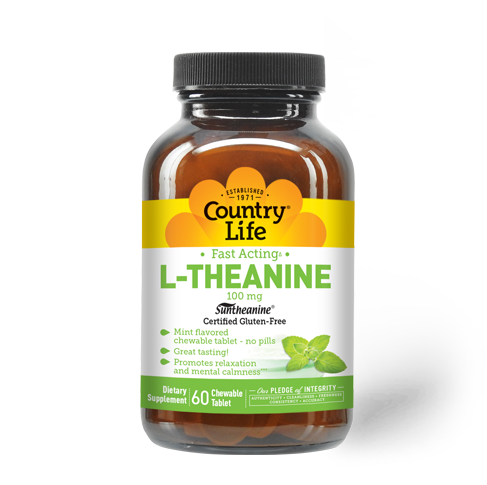
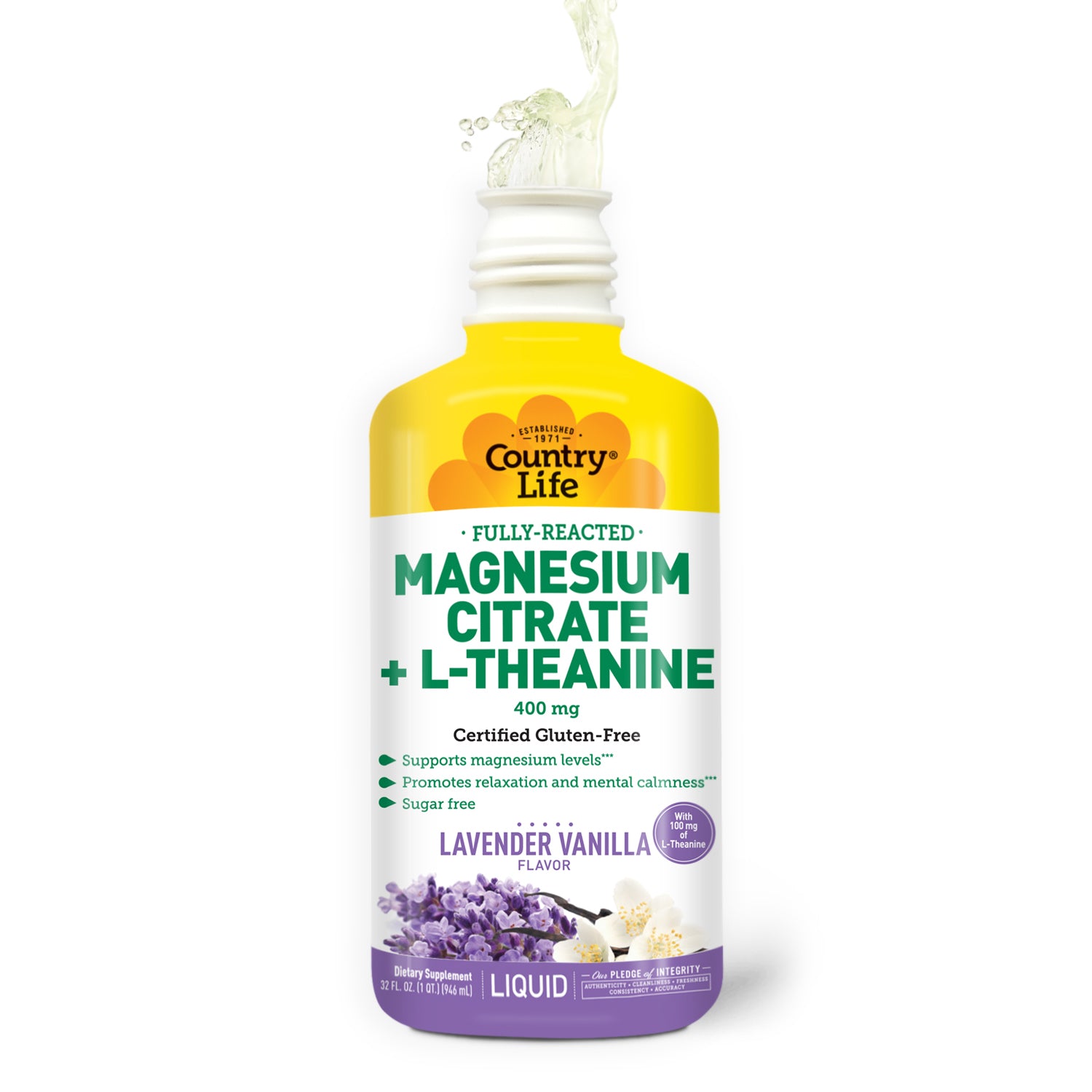










Share:
The Best Vitamins for Healthy-Aging: An Ageless Theory Highlight
How Can I Get More Lutein in My Diet From Food & Supplements?